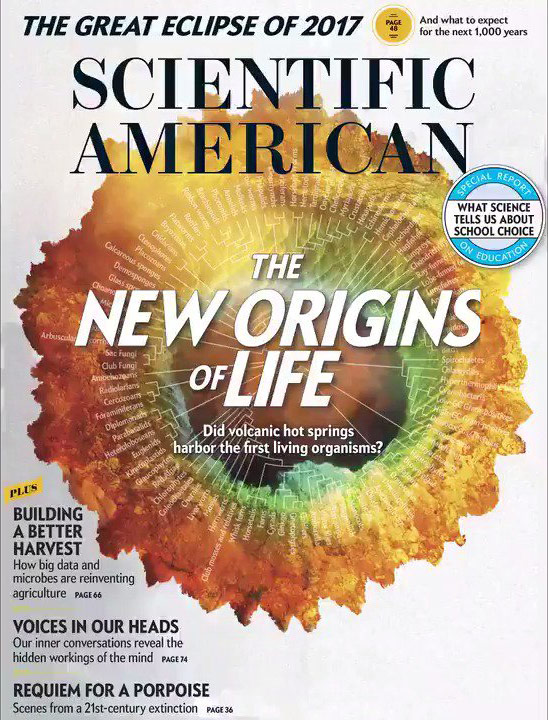Private thoughts and public acts
Novelists often offer deep insights into the human psyche that take psychologists years to test. In his 1864 Notes from Underground, for example, Russian novelist Fyodor Dostoyevsky observed: “Every man has reminiscences which he would not tell to everyone, but only to his friends. He has other matters in his mind which he would not reveal even to his friends, but only to himself, and that in secret. But there are other things which a man is afraid to tell even to himself, and every decent man has a number of such things stored away in his mind.”
Intuitively, the observation rings true, but is it true experimentally? Twenty years ago social psychologists Anthony Greenwald, Mahzarin Banaji and Brian Nosek developed an instrument called the Implicit Association Test (IAT) that, they claimed, can read the innermost thoughts that you are afraid to tell even yourself. And those thoughts appear to be dark and prejudiced: we favor white over black, young over old, thin over fat, straight over gay, able over disabled, and more. (continue reading…)
read or write comments (21)
Perceptual-blindness experiments challenge the validity of eyewitness testimony and the metaphor of memory as a video recording
Picture yourself watching a one-minute video of two teams of three players each. One team wears white shirts and the other black shirts, and the members move around one another in a small room tossing two basketballs. Your task is to count the number of passes made by the white team — not easy given the weaving movement of the players. Unexpectedly, after 35 seconds a gorilla enters the room, walks directly through the farrago of bodies, thumps his chest and, nine seconds later, exits. Would you see the gorilla?
Most of us believe we would. In fact, 50 percent of subjects in this remarkable experiment by Daniel J. Simons of the University of Illinois and Christopher F. Chabris of Harvard University did not see the gorilla, even when asked if they noticed anything unusual (see their paper “Gorillas in Our Midst”). The effect is called inattentional blindness. When attending to one task — say, talking on a cell phone while driving — many of us become blind to dynamic events, such as a gorilla in the crosswalk. (continue reading…)
read or write comments (1)



